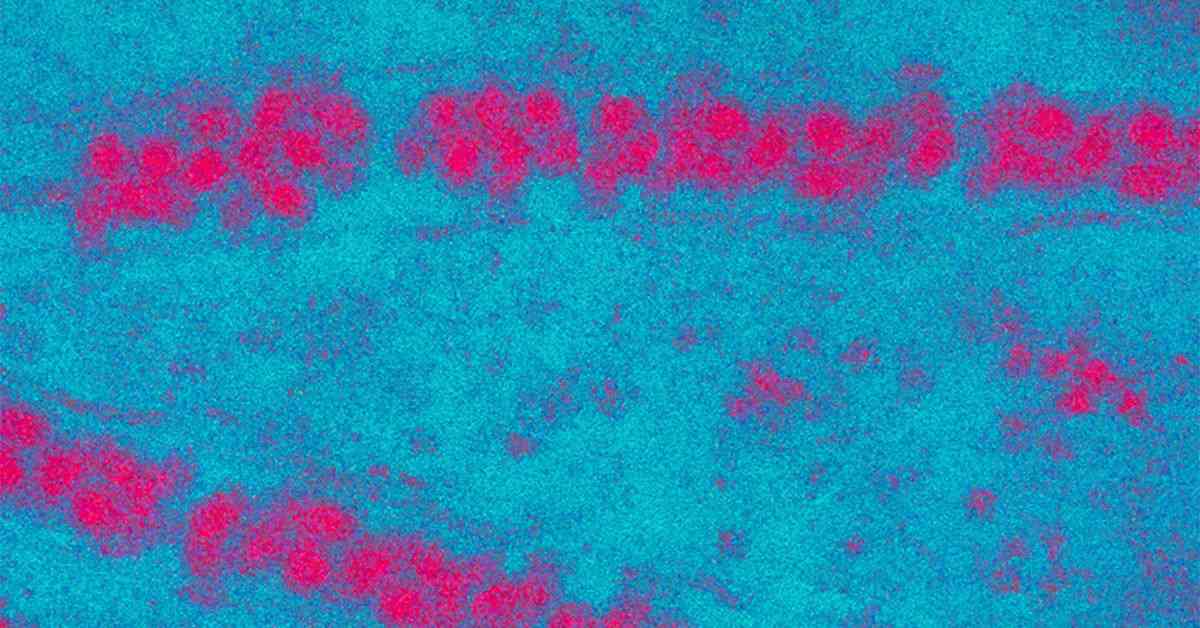Mosquitoes Carrying Deadly Virus Found in Outback – Stay Alert!
Mosquitoes in the Moree area of New South Wales have been discovered carrying Japanese encephalitis, a potentially fatal disease, marking the first case of the illness found in the state this year. This alarming discovery comes hot on the heels of the virus being detected in the Griffith area, located on the opposite side of the state. Japanese encephalitis is a serious health threat, claiming the lives of approximately 25% of those infected.
Other Deadly Viruses Spread
Additionally, health officials have identified the presence of the Murray Valley encephalitis virus in chicken flocks in Cowra and West Wyalong, based on samples collected last month. Both Japanese encephalitis and Murray Valley encephalitis viruses have the potential to cause severe brain swelling, leading to dire consequences, including death. Symptoms of brain swelling include neck stiffness, disorientation, tremors, seizures, paralysis, and coma.
Risk Mitigation Strategies
NSW Health’s Executive Director of Health Protection, Dr. Jeremy McAnulty, emphasizes the widespread risk of mosquito-borne virus transmission, particularly in the 55 NSW local government areas that are at higher risk of Japanese encephalitis in inland regions. To safeguard against mosquito bites, individuals planning to spend time outdoors in these high-risk areas are advised to take preventative measures.
Protective Measures
For those residing in at-risk regions, a vaccine for Japanese encephalitis is readily available at general practitioners’ offices, pharmacies, and Aboriginal health services. However, there is currently no vaccine to combat Murray Valley encephalitis. Health experts recommend wearing light, loose-fitting long-sleeve shirts, long pants, covered footwear, and socks in high-risk locations. In addition, using insect repellent and avoiding outdoor activities during dusk and dawn can reduce exposure to mosquitoes.
Furthermore, it is essential to eliminate potential mosquito breeding grounds around homes by removing items that collect water, such as old tires or empty pots. Installing flyscreens on windows and doors and ensuring they are intact can also prevent mosquitoes from entering living spaces. Unfortunately, there is no specific treatment for acute Japanese encephalitis, and roughly 30% of individuals diagnosed with the neurological illness do not survive. For those who do recover, approximately half will experience long-term neurological complications.
It’s crucial for individuals to remain vigilant and take necessary precautions to protect themselves and their loved ones from the looming threat of mosquito-borne illnesses. Stay informed and stay safe.
Remember, prevention is the best defense against these deadly viruses.
Stay safe and stay informed!





